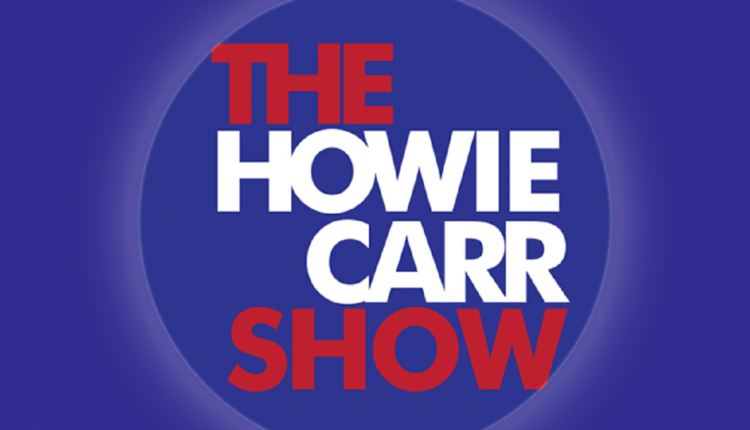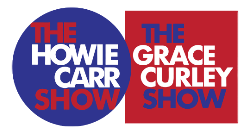Harold Brown was a friend of mine.
He was good to me, my family, and a lot of other people. Talk about up by the bootstraps – his mother was a fortune teller, that’s how she put food on the table during the Depression. He was a veteran of both World War II and Korea.
When he died on Sunday, at age 94, Harold Brown was probably worth well over $1 billion. He had long ago set up a giant charitable foundation. If you walked through the door of his modest offices on Brighton Avenue with your hand out, chances are, you and your group got taken care of.
I know what some of you are thinking to yourselves: he had a few problems with the feds involving some city hacks during in the 1980’s. All I can say is, you had to be there in Boston City Hall back in those days.
Half the people you ran into in the hallways were ex-cons. The other half were future cons. If you didn’t grease a few palms, you were out of business. Harold’s major mistake was, until his later years, he didn’t delegate authority all that well. Unlike every other major landlord or developer in the city, he was handling the, uh, transactions himself.
I got to know him when I was giving him the needle in the paper all the time. One day I showed up at the opening of a day-care center he’d started, and he asked me if I’d mind having my picture taken with him. Of course not!
He got the photo and ran full-page ads in the Herald and the Globe. He thought it was a gotcha on me. He called me up and asked me how I liked it now that he was giving it back to me.
“I hate it!” I told him. “Harold, why did you spend any money on the Globe? Why didn’t you buy two full-page ads in the Herald?”
The ancient knock on Harold in some quarters is that he was a “slum lord.” That’s a bad rap too. When he started buying buildings in the mid-1950’s, Boston had been an absolute backwater for decades.
Why do you think Joe Kennedy fled with his family? In the 1930’s, if a Boston landlord owned, say, a five-story building, he might knock off the top two floors, to reduce the property tax.
That sounds insane now, but if you couldn’t rent any of the five floors – because everyone was leaving town – why pay property taxes on empty space?
That was the real-estate market Harold Brown started out in. He could buy the buildings dirt cheap because nobody else wanted them. And if you think it’s easy being a landlord around here, even now, try it sometime and tell me how much you like it.
Later on, Harold tried to go upscale, with 75 State Street. It was another major scandal, but this time he was the victim. You can read all about it in my book, “The Brothers Bulger.”
He was going hard after the hacks whom he alleged had been shaking him down, but suddenly he dropped his lawsuits and wrote one of the guys (who was later disbarred) a huge six-figure check.
There have always been stories that Harold came to his senses, shall we say, after a visit from Whitey Bulger, who made him an offer he couldn’t refuse. Over the years I begged Harold to tell me the real story.
“Nothing happened,” he kept saying. “How many times do I have to tell you that, Howie?”
And now both he and Whitey are gone, within five months of each other. I guess we’ll never know for sure what really transpired.
For someone with all that money, Harold Brown was a very simple guy. He didn’t own a place in Florida, he didn’t even have a driver until the very end. His favorite restaurant was the Busy Bee diner on Beacon Street in Brookline. He always ordered soup – extra broth.
After lunch, he’d sometimes stop in the little grocery next door to buy a banana or an apple. One day he handed the cashier a joke plastic card with Barack Obama’s photo on it.
“Sir,” the puzzled cashier told him, “this card doesn’t work. There’s no money in it.”
“That’s not possible,” Harold said. “That card’s got Barack Obama’s picture on it.”
I called him for the last time a couple of weeks ago. My daughter was going to have lunch with him but she couldn’t get him on the phone to confirm. So I called him. He picked up but I couldn’t make out what he was saying. I figured out, this was goodbye.
“Harold,” I finally told him, “I just want you to know, we all appreciate what you’ve done for us, and we all love you.”
And I meant it, Harold.




